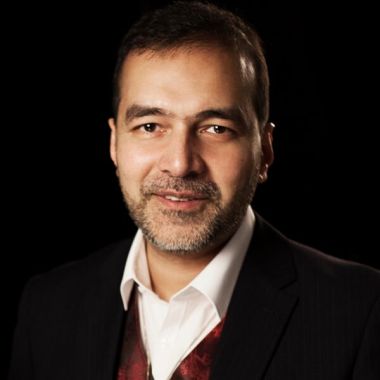Islamic scholar says 'not all Muslims are trustworthy' in defence of British pastor who called Islam 'satanic'

After describing Islam as a "satanic" religion, a Christian pastor has found an unlikely defender: a Muslim scholar.
Muhammad Al-Hussaini, an Islamic scholar, said Pastor James McConnell was wrongly charged with making "grossly offensive" comments about Muslims.
The charges stemmed from a sermon delivered by McConnell in 2014 in Belfast at the Whitewell Metropolitan Tabernacle, where he told a congregation: "Islam is heathen, Islam is satanic, Islam is a doctrine spawned in hell."
He also accused most British citizens of being "Jew-hating" and discriminating, thus sparking violence.
The Christian pastor was recently acquitted after his lawyer, Philip Mateer, argued that the European Convention on Human Rights allows his client to express distrust towards Muslims.
In a report on Newsletter.co.uk, Al-Hussaini agreed with McConnell's view that not all Muslims are trustworthy.
"Why would Pastor James McConnell be required to trust people that I, as a Muslim academic and clergyman, would not trust?" the Islamic scholar said.
He added that "deeds don't match the words" of some British Muslims who say that Islam is a religion of peace, and those who condemn the atrocities committed by Islamic State militants.
"Muslim parents are just like everybody else," he said. "They want their sons not to go off to Syria to fight and become jihadists. They want their sons to grow up and become doctors and lawyers and successful professionals."
Al-Hussaini also compared the current Muslim situation to the prejudice among Germans in the 1930s who still hated Jews although they didn't directly support the Nazis.
The Muslim academic also suggested that the Christian pastor's remarks should be discussed by civic society, not by judges in the courtroom.
"While there is a public conversation to be had now about how religious leaders should best give witness to their beliefs with truthfulness and at the same time 'always with gentleness and respect' as Scripture commands, this is a discussion for theologians and ordinary citizens in civil society, and not the judiciary," Al-Hussaini said.











